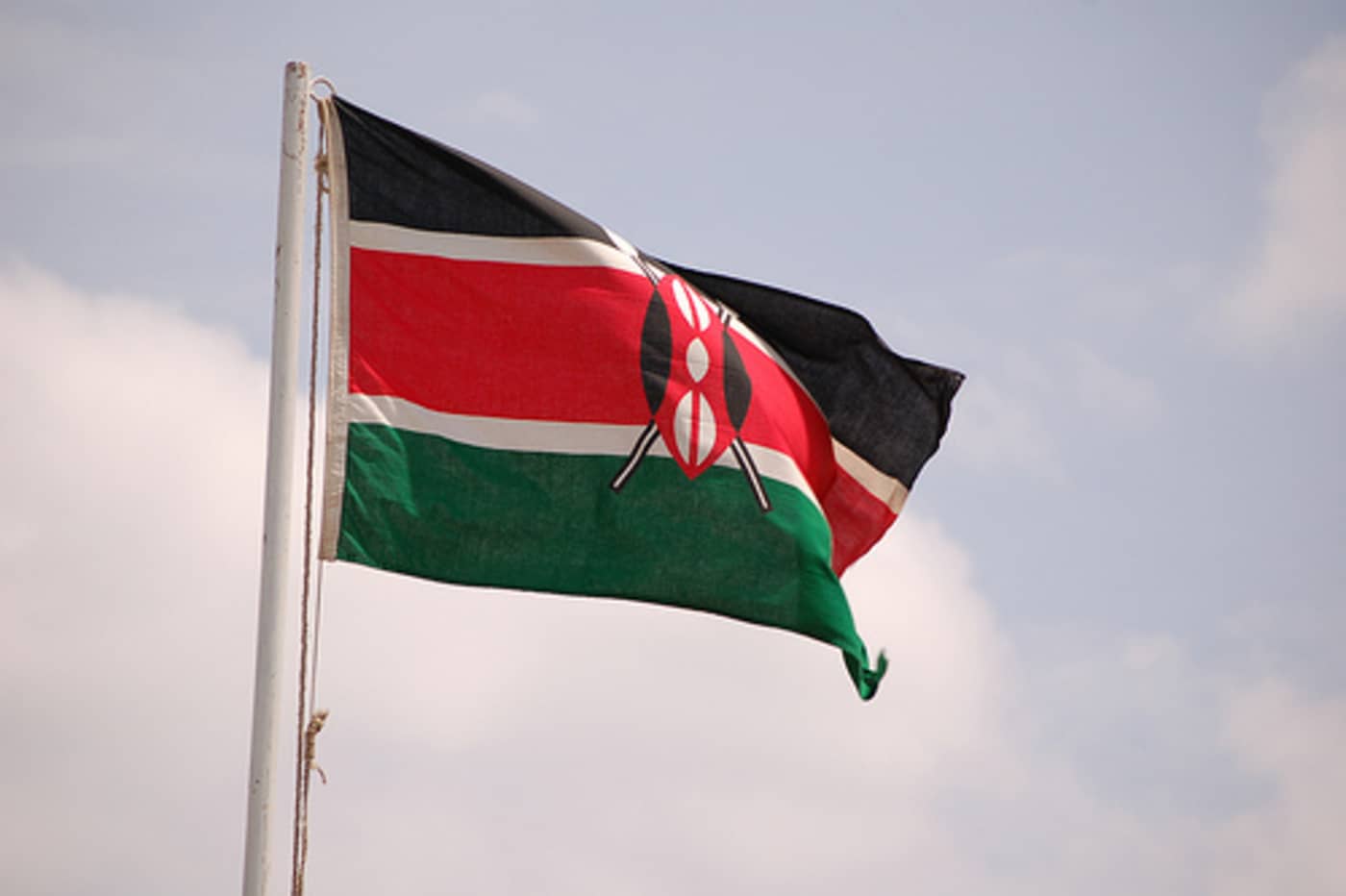
The new digital and crypto identity project, WorldCoin, is having difficulty starting in Kenya. On August 2, Kenya’s Interior Minister posted on Facebook that the country has suspended the WorldCoin project, founded by US tech entrepreneur Sam Altman. However, the suspension will continue until the relevant government authorities confirm that the project doesn’t harm Kenyans.
People who agree to have their eyeballs scanned receive free crypto tokens from WorldCoin. However, this week, thousands of Kenyans lined up at registration centers to receive free crypto, which costs around $49 (£39). Kenya advised citizens to be careful when sharing information with private platforms.
The Communications Authority of Kenya issued a statement outlining the concerns:
- How the company stores the individuals’ information?
- Why is it offering money in exchange for data?
- Is it safe to allow a private company to store private data?
Minister Kithure Kindiki stated:
“Relevant security, financial services and data protection agencies have commenced inquiries and investigations to establish the authenticity and legality of the aforesaid activities.”
Any person or a company who supports, assists, or is involved in illegal activities will face appropriate action, the statement said.
WorldCoin informed the BBC that they picked Kenya as the first African country to launch the platform due to the thriving tech industry and the presence of over four million Kenyans already involved in cryptocurrency trading.
Crypto Project WorldCoin
The WorldCoin project was started on July 24, 2023, following three years of development. Currently, it is worth over $2B. Moreover, it has raised more than $500 million to build a “proof of personhood” network.
The platform is achieving this by enrolling “verified humans” using eyeball scans through their Orbs. However, it makes a special digital identity by scanning. With this digital identity, the user can connect to digital currencies using the company’s World app. Mr. Altman says the initiative will help confirm whether someone is a robot or a human.
To attract users for the scans, they are offering “free” crypto tokens as an incentive. However, people who got the tokens could sell them on crypto exchanges for USDT.
Kenyans queue at KICC in the Nairobi CBD to scan their eyeballs in return for Worldcoin cryptocurrency tokens valued at about Sh7,700. pic.twitter.com/yFkxknJenX
— Nation Africa (@NationAfrica) August 1, 2023
Meanwhile, WorldCoin asserts that it does not keep any private data. However, privacy experts remain apprehensive about the potential risk of sensitive data obtained from scanning ending up in the wrong hands.
WorldCoin registration is happening in 35 cities. The company is close to reaching 3 million users. Over the past week, it registered over half a million individuals.
Apart from Kenya, many other countries are also evaluating the risk of WorldCoin. German, France and the UK agencies are looking at the project to see if it could breach privacy protections.
As reported by MIT Tech Review, 40% of interviewed Kenyans are not satisfied with sharing their biometric data. The suspension did not come as a major shock. A few days ago, the country’s Data Protection Commissioner stated they were already checking how WorldCoin operates in Kenya to comply with its laws.








